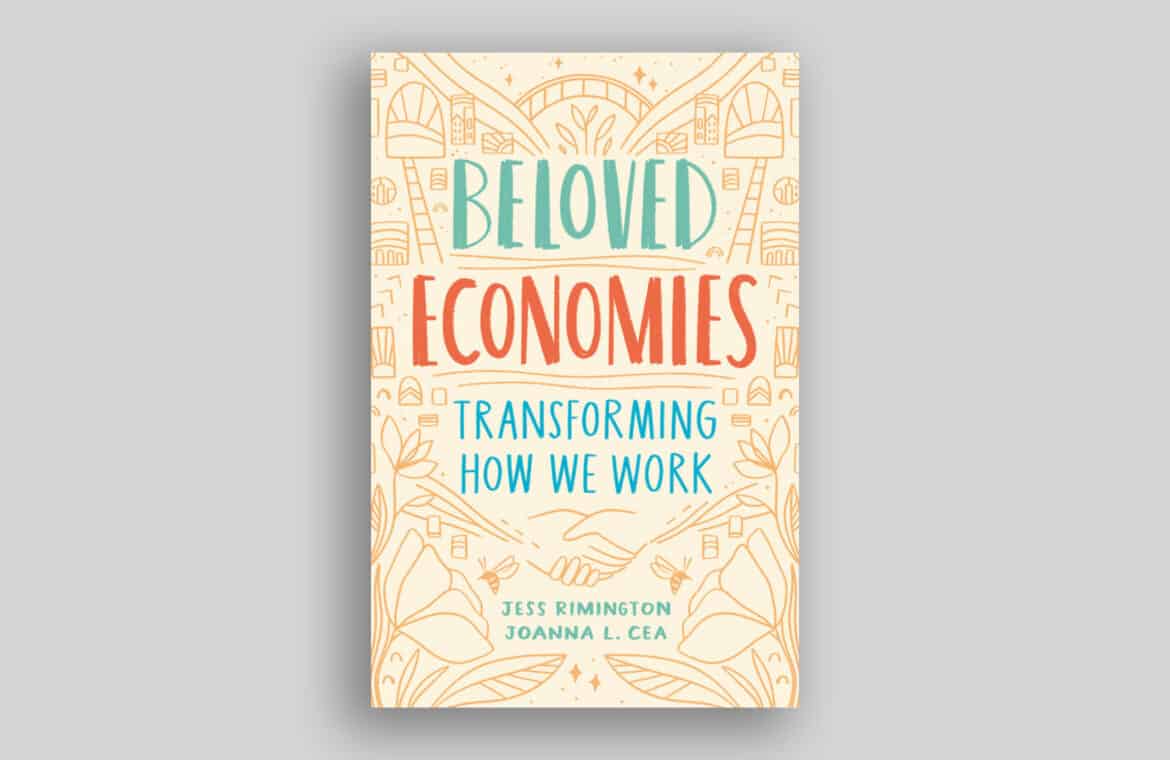We asked leaders in the charitable and non-profit sector what’s top of mind for them in 2024
The climate crisis, polarization, wellness – for staff and leaders, digital acceleration, the affordability crisis, trust and collaboration. In a time of “polycrisis,” we asked sector leaders what shifts and challenges they’re focused on.




